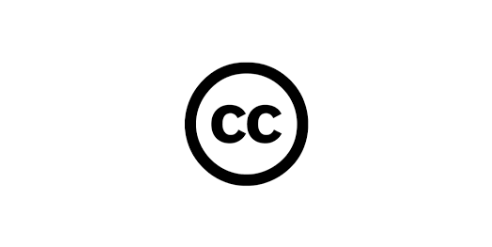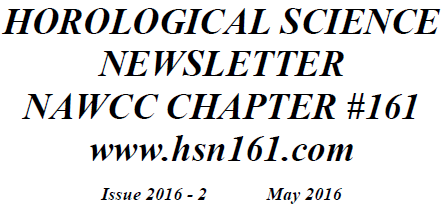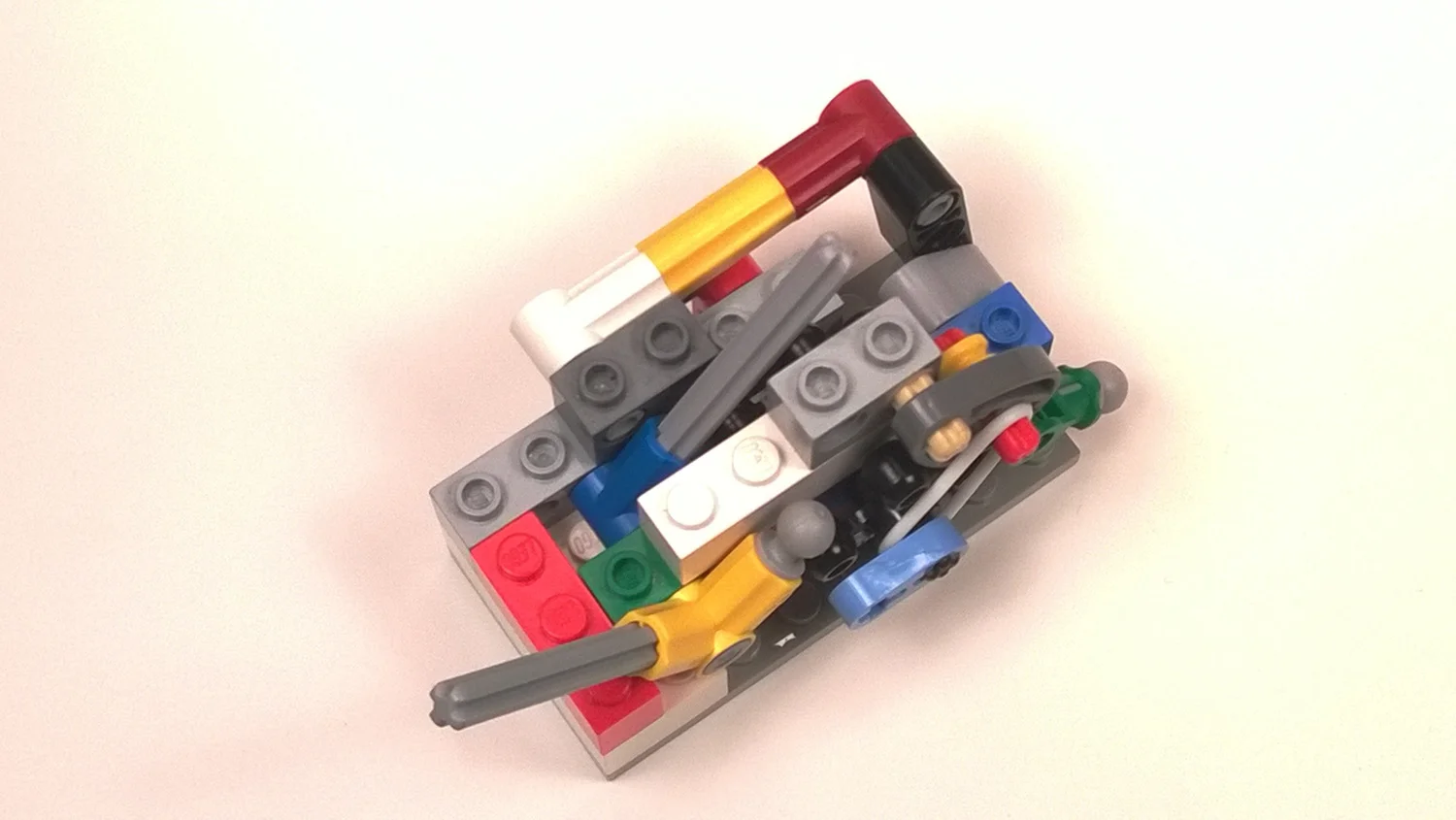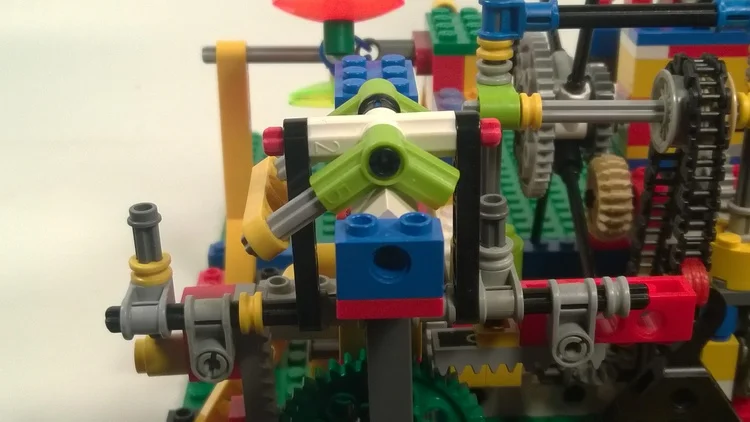Great Thoughts About Sharing
Creative Commons (CC) is a nonprofit organization that provides a legal alternative to give permission for others to use and share creative work. Their licenses work with copyright law to change the default copyright terms to "some rights reserved" instead of "all rights reserved". Check out our "Rules for Sharing" on our main menu.
Click here to learn more about CC.
Below is partial text from a January 12th, 2016 post from CC CEO Ryan Merkley about sharing. Click here to read the entire post. It perfectly captures the sharing philosophy and strategy of BuildSTEAM. Enjoy.
We need to talk about sharing
Collaboration, sharing, and co-operation are in our nature — building community, co-operating towards common goods, and creating shared benefits are at the heart of who we are. In fact, these values live even closer to us than our beating hearts, operating at the level of our DNA. Martin Nowak, a Harvard professor who studies the underpinnings of evolution, argued in Scientific American that humanity’s story is one of both competition and cooperation. According to Nowak, it is not just a struggle for survival, but also an essential “snuggle for survival.”
An extreme take on Darwin’s theory of evolution might suggest we should never help our fellow humans. We are expected to exploit our creative works to the greatest extent possible, to extract the maximum benefit, to the exclusion of all others. To accept anything less is foolish. And yet the leading thinkers, and the data, suggest the exact opposite.
Nowak’s research shows that co-operators — even those who share at their own expense — often win out over time. Elinor Ostrom’s research on the power of shared economies and the collaborative management of common resources won her the Nobel Prize in Economics. In Adam Grant’s book, “Give and Take”, he goes beyond the idea that givers are purely altruistic, and argues that those who “give first are often best positioned for success later.” And giving doesn’t just help the giver, it also begets more giving. According to Grant, when researchers studied giving across social networks, they found that when one person gave at their own personal cost over a series of rounds, others were more likely to contribute in subsequent rounds, even with people who were not in the original group. “The presence of a single giver was enough to establish a norm of giving,” wrote Grant.
Sharing is not a purely selfless act — while thinking beyond one’s own personal benefit is at the core of why we share, it also pays itself forward in reputation, and rewards us with good feelings and personal gratification. Sharing contributes to our individual identity — how we want to see ourselves, and be seen, in the world. Nowak calls this kind of earned reputation “indirect reciprocity” — common in large, complex communities, where direct reciprocity is nearly impossible. Complex communities like the ones we created together with the Web. Individuals who share in these communities establish and accumulate reputation. To be known, and to be valued — that’s reputation — and it is essential to vibrant, open communities, from Wikipedia, to open science, to open source software. We accumulate benefits from others who give freely because of the norms created in those groups. These acts are not entirely altruistic, and the motivations behind them are real and powerful.
This is the real power of sharing: concurrent and lasting benefits, multiplied for the giver, the receiver, and society. If Grant’s research is right, then a global movement built around sharing and collaboration will be infectious — converting not only those who give and receive, but establishing and reinforcing new norms in online communities. Every share can inspire others — eventually, over the long run — to “share alike”.







